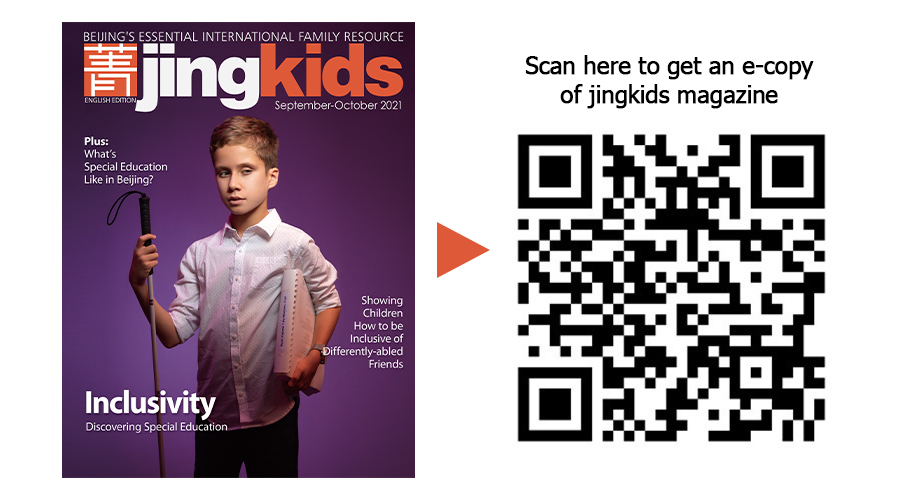I‘ve never been very strong at maths. I enjoyed reading and loved writing long stories, meaning I was in my top group in primary school for English, but maths would take me much, much longer to understand than my friends. As I got older, it got harder and harder to keep up, and the problem only seemed to get worse the further I got in school.
At some point, I read about dyscalculia, and noticed that many of the symptoms applied to me, some of which include difficulty remembering number patterns or basic facts, being slow to perform equations both mentally and physically, having a poor sense of numbers and estimation, and crippling anxiety when it comes to mathematic subjects. Similar to the better-known dyslexia, dyscalculia is a condition where one has as a severe difficulty in understanding arithmetic. It is even recognized as a developmental disorder and can be seen across the IQ spectrum, affecting between three to six percent of a country’s population. Dyscalculia sometimes accompanies other learning disabilities such as ADHD, dyslexia, or ADD, and can cause those who live with it severe anxiety.
Although dyscalculia is yet to be fully understood by doctors and psychiatrists, in recent years there have been new tests that can determine if someone is dyscalculic or not. Younger people tend to receive tests with simple addition and subtraction, whereas an older person will be tested on multiplication, division, and fractions – all while being watched and studied by a professional who analyzes the person’s abilities – to determine their dyscalculia status. With the support of my school educational psychologist and my parents, I decided to try these tests – and the results were quite clear.
 Thanks to those tests, my school had a better understanding of what they needed to do in order to support me. With the diagnosis, I was able to have additional time to complete my exams, allowing me to work at my own pace and take the necessary time to understand the questions. My teachers also understood why I found some things difficult, and others – which didn’t involve math – much easier, and could scaffold the lessons to help me with more challenging assignments.
Thanks to those tests, my school had a better understanding of what they needed to do in order to support me. With the diagnosis, I was able to have additional time to complete my exams, allowing me to work at my own pace and take the necessary time to understand the questions. My teachers also understood why I found some things difficult, and others – which didn’t involve math – much easier, and could scaffold the lessons to help me with more challenging assignments.
So how does it affect me now? Well, there are no cure for dyscalculia, but people living with it can develop their mathematics skills, albeit with a bit more time and diligence than the average person. There are, however, still some things I find difficult. For example, while it’s relatively easy to avoid handing money in China thanks to WeChat and Alipay, the rest of the world – including my home country – still relies on cash. At times, I end up with big bags of change because it’s easier to hand over a banknote than count out the coins. Reading bus or train timetables can be a challenge, too. I have developed strategies that help me with this, though. For instance, while managing time is difficult because I can’t easily work out how long something might take, if I break it down into manageable chunks then it becomes more straightforward.
Dyscalculia hasn’t held me back, though. This autumn season, I began studying the course which I want to follow at my chosen university. Unsurprisingly, it’s not mathematics!
Images: Pexels

This article appeared in the jingkids 2021 September-October issue




